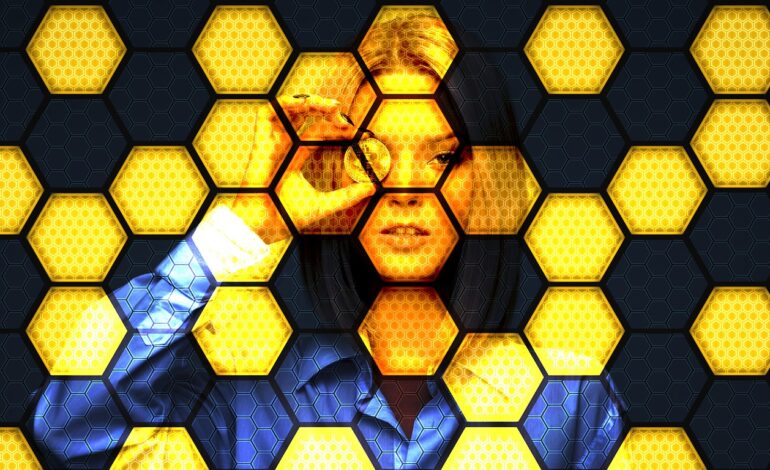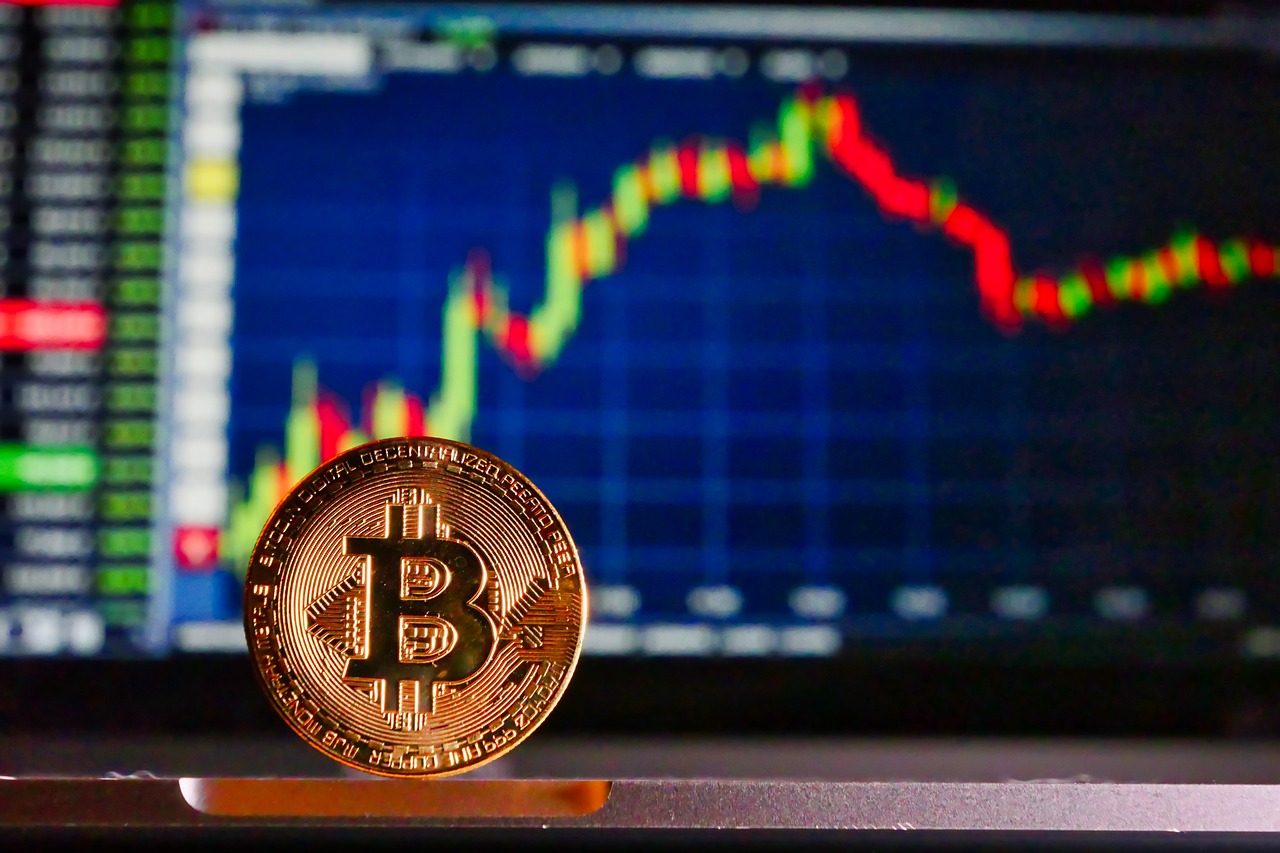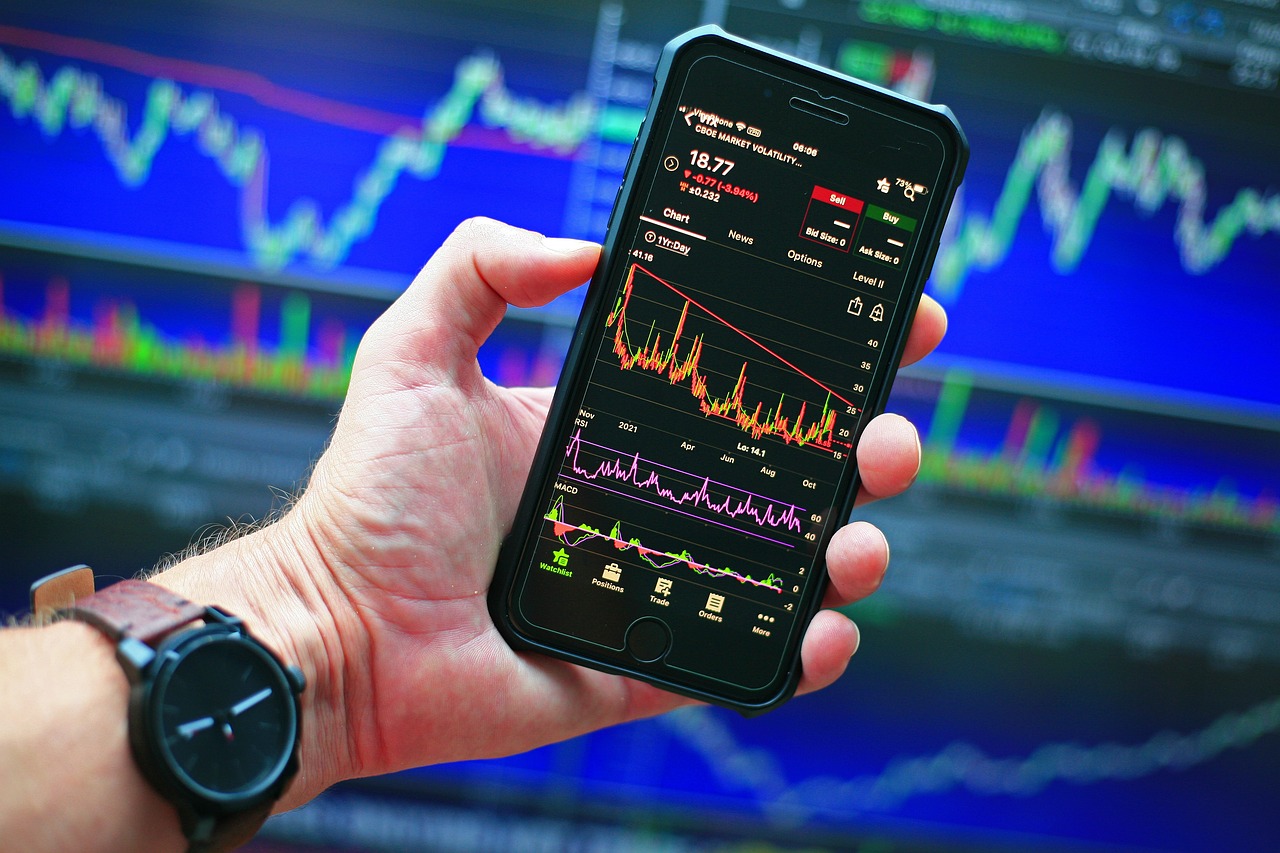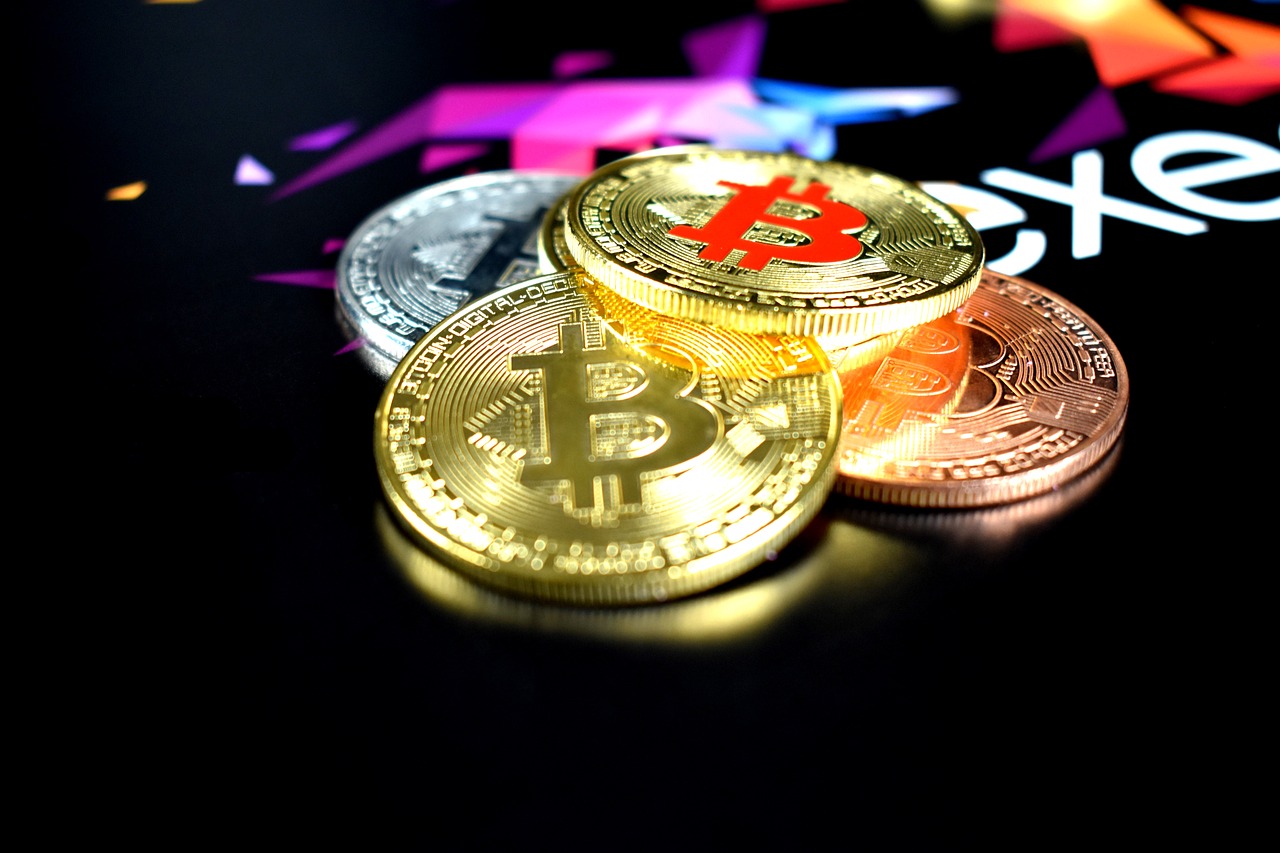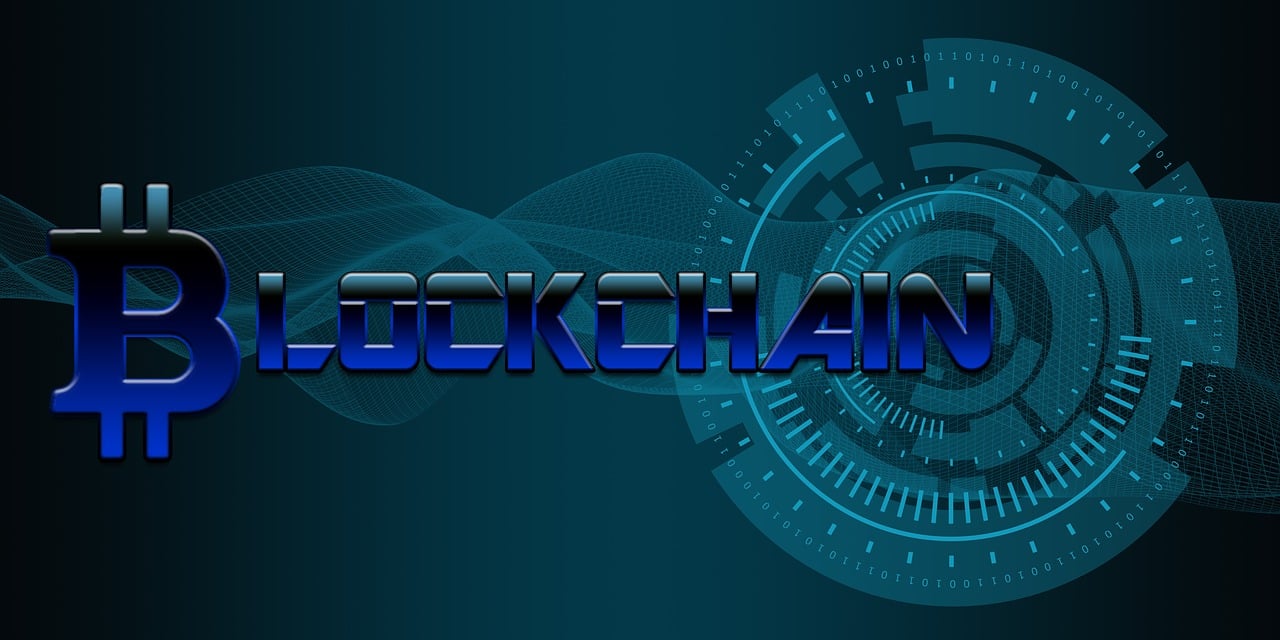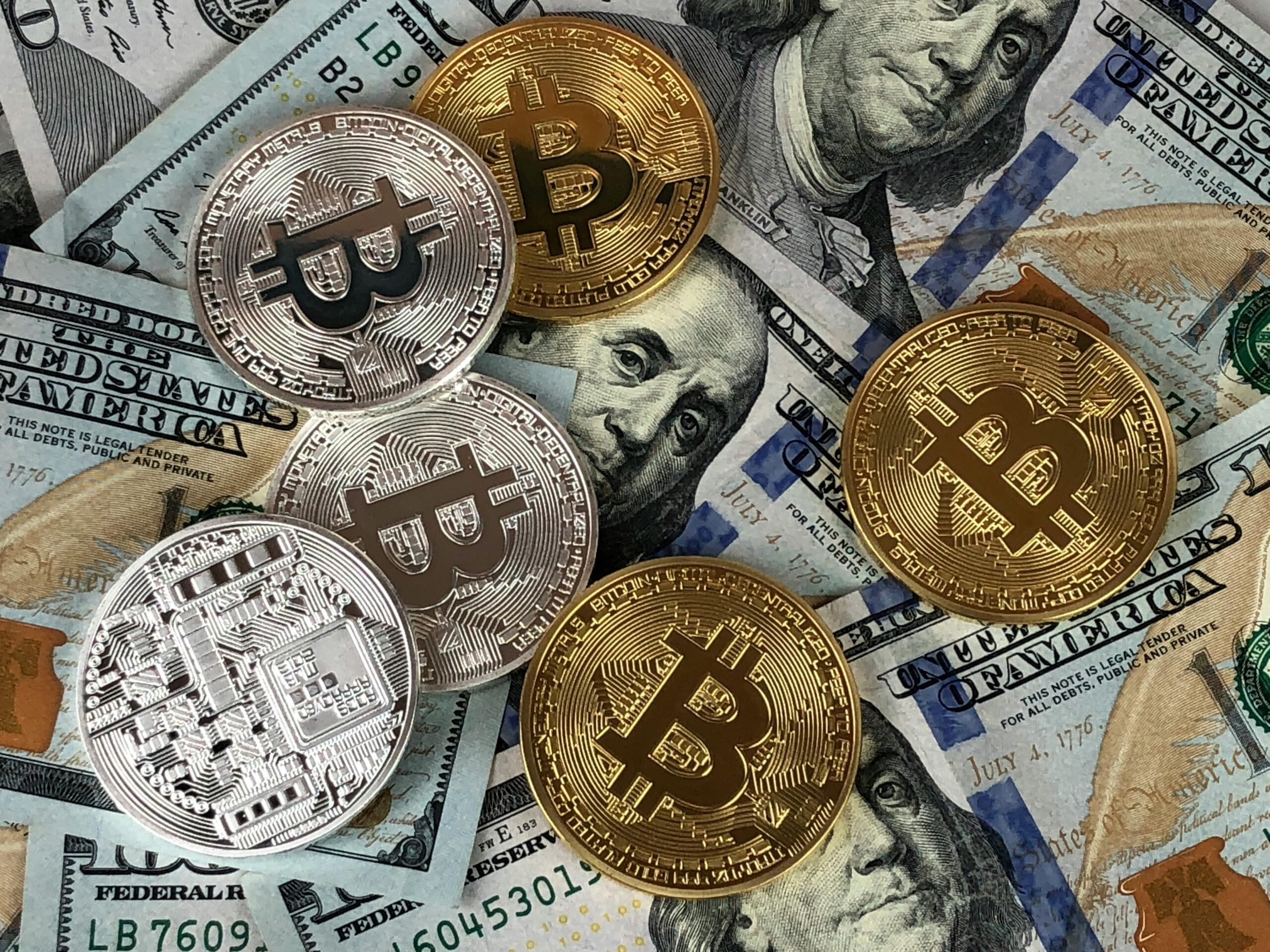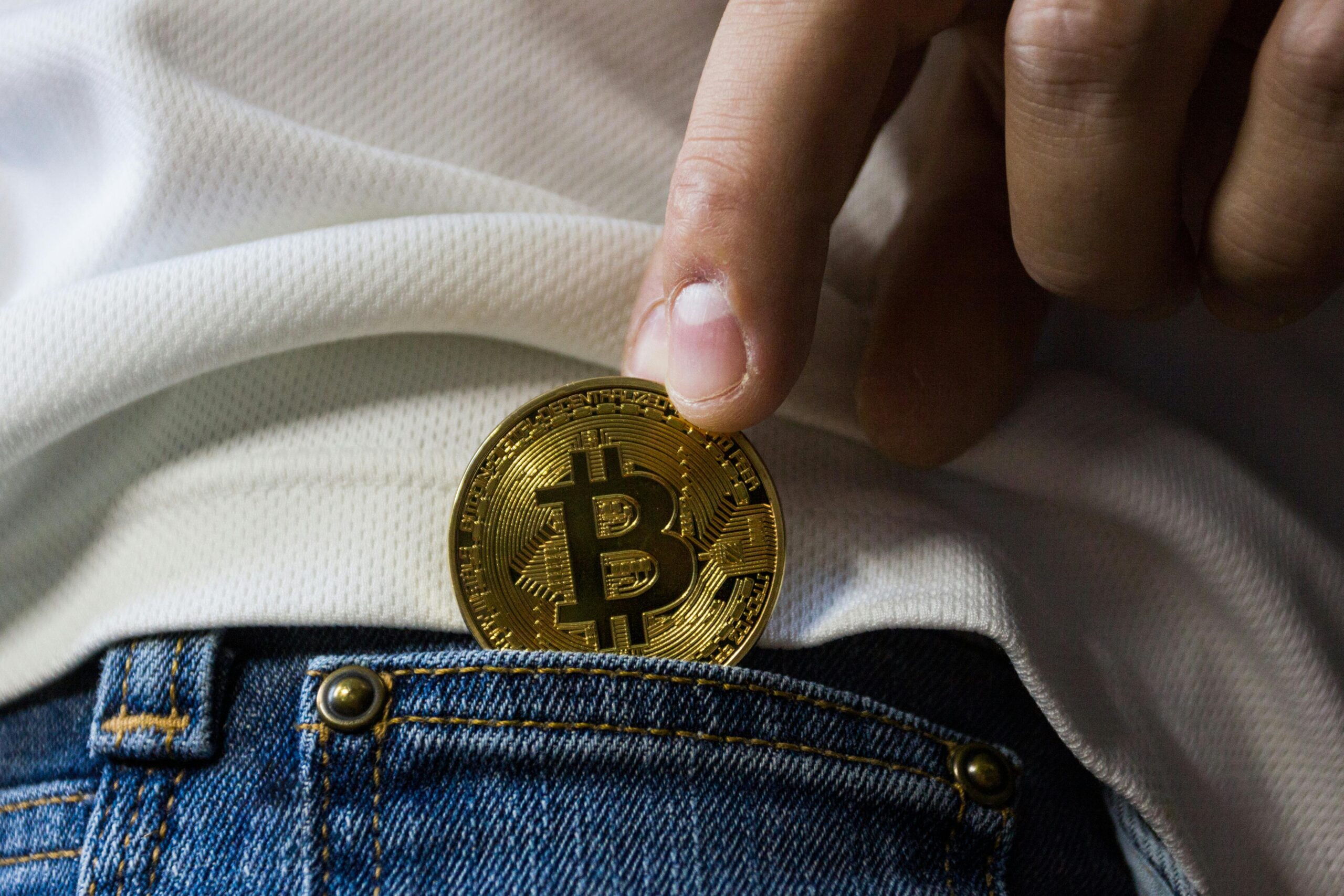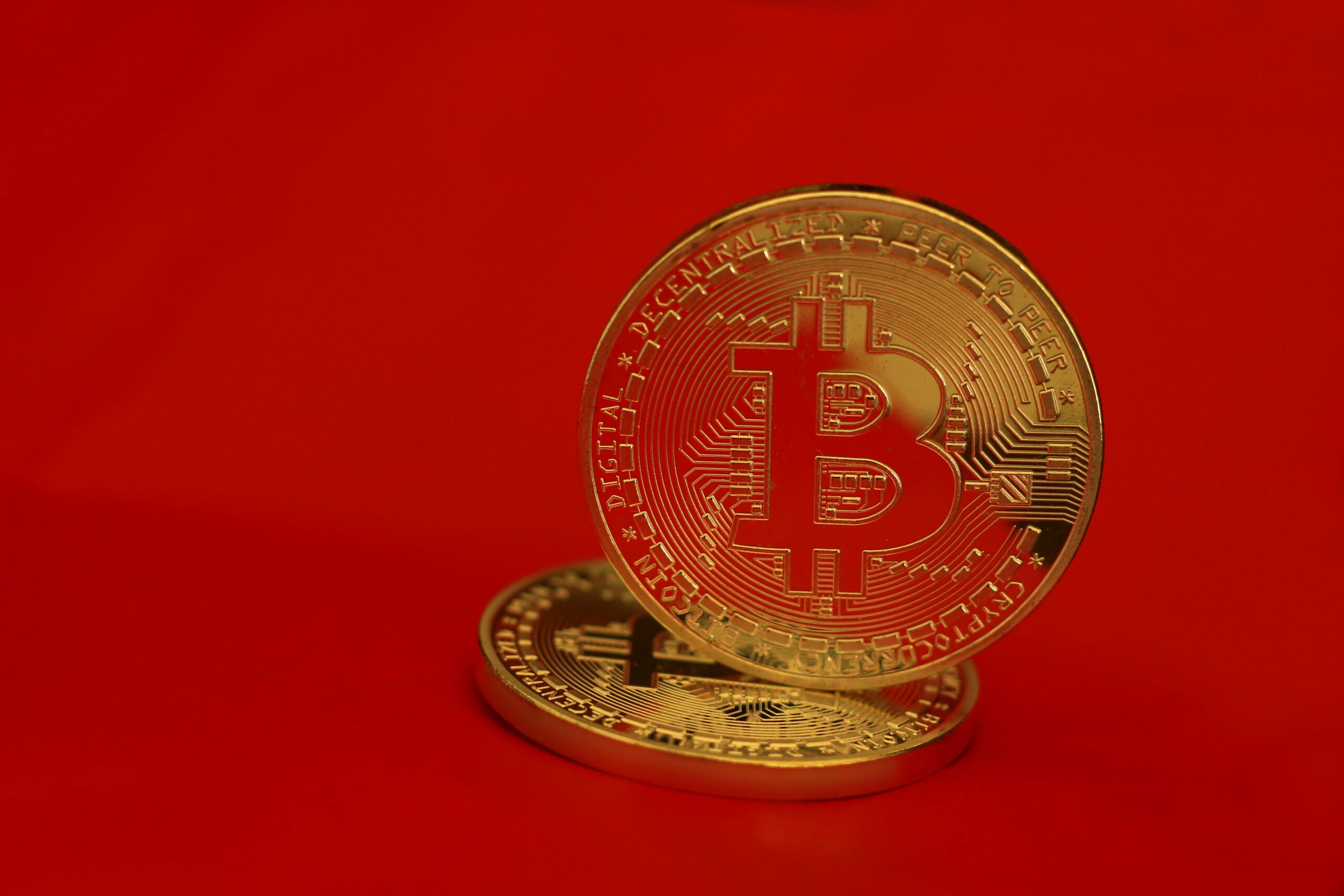DAOs: Decentralized Autonomous Organizations
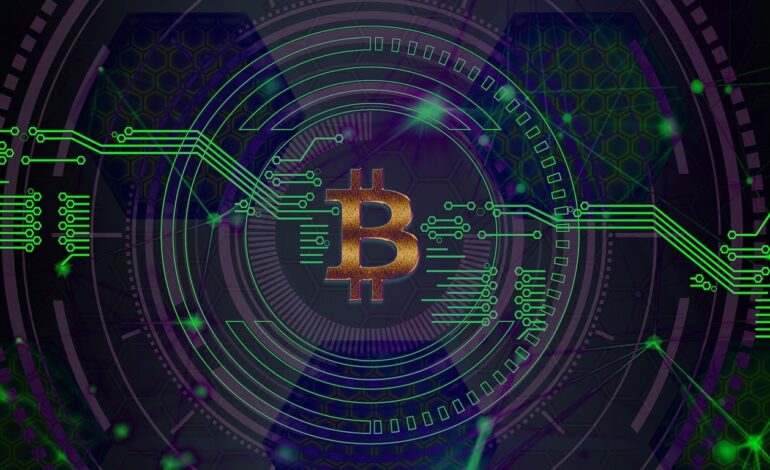
The rise of blockchain technology has brought about a new way of organizing and making decisions, moving away from traditional centralized models. At the forefront of this transformation are Decentralized Autonomous Organizations (DAOs), which are online communities governed by collective decision-making and powered by blockchain technology. This article explores what DAOs are, how they function, their benefits, and the challenges associated with this innovative organizational structure.
Understanding DAOs
DAOs are organizations that operate without a central leader. Instead, they rely on transparent rules encoded on a blockchain. Smart contracts, which are self-executing codes on the blockchain, automate tasks and decision-making processes within DAOs. Members of a DAO hold governance tokens that grant them voting rights on proposals that shape the organization’s direction. These proposals can range from funding new projects to changing core rules.
How DAOs Work
DAOs operate based on three main components:
- Smart Contracts: These are programmable codes that define the rules, manage the treasury, and handle voting mechanisms within the DAO.
- Governance Tokens: Members hold these tokens, which give them voting rights and a stake in the success of the DAO. The distribution of these tokens encourages democratic participation.
- DAO Treasury: Funds in the DAO’s treasury come from member contributions or generated through activities. Smart contracts manage how these funds are used, ensuring transparency and community agreement on spending.
Benefits of DAOs
DAOs offer several advantages:
- Decentralization: They eliminate the need for a central authority, promoting a democratic decision-making process.
- Community-Driven: Decisions are made collectively by members, ensuring alignment with community goals and values.
- Transparency: All transactions and activities are recorded on the blockchain, providing a verifiable and unchangeable record.
- Efficiency: Smart contracts automate tasks and streamline operations, reducing bureaucracy and costs.
- Global Collaboration: DAOs can unite members from around the world, facilitating collaboration without geographical boundaries.
Considerations and Challenges
However, DAOs also face challenges:
- Security: Smart contracts can be vulnerable to hacks and exploits, requiring thorough security audits.
- Scalability: Decision-making can become slow with a large number of members, necessitating a balance between inclusivity and efficiency.
- Legal Status: Regulatory frameworks for DAOs are still evolving, requiring clear guidelines to ensure smooth operation and member protection.
- Token Valuation: The value of governance tokens can be volatile, affecting member participation and overall stability.
The Future of DAOs
Despite these challenges, DAOs represent a transformative concept with potential applications across industries. From funding ventures to governing communities and creating content, DAOs have the capacity to reshape how organizations operate in the digital age. As technology advances and regulations develop, DAOs may become powerful tools for collaboration and ownership.
Conclusion
DAOs offer a glimpse into a future where decentralized governance and collaboration prevail. While obstacles exist, the benefits of DAOs are significant. As the DAO landscape evolves, we anticipate innovative uses emerging that redefine how decisions are made and actions are taken in a blockchain-driven world.
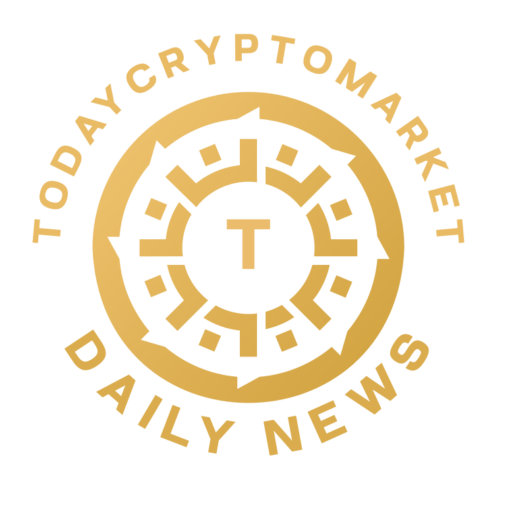
 Bitcoin
Bitcoin  Ethereum
Ethereum  Tether
Tether  Solana
Solana  USDC
USDC  XRP
XRP  Lido Staked Ether
Lido Staked Ether  Dogecoin
Dogecoin  TRON
TRON  Toncoin
Toncoin  Cardano
Cardano  Avalanche
Avalanche  Wrapped stETH
Wrapped stETH  Shiba Inu
Shiba Inu  Wrapped Bitcoin
Wrapped Bitcoin  WETH
WETH  Chainlink
Chainlink  Bitcoin Cash
Bitcoin Cash  Polkadot
Polkadot  Uniswap
Uniswap  Dai
Dai  NEAR Protocol
NEAR Protocol  LEO Token
LEO Token  Aptos
Aptos  Sui
Sui  Litecoin
Litecoin  Wrapped eETH
Wrapped eETH  Pepe
Pepe  Bittensor
Bittensor  Internet Computer
Internet Computer  Artificial Superintelligence Alliance
Artificial Superintelligence Alliance  Monero
Monero  Stellar
Stellar  Ethereum Classic
Ethereum Classic  POL (ex-MATIC)
POL (ex-MATIC)  Stacks
Stacks  First Digital USD
First Digital USD  WhiteBIT Coin
WhiteBIT Coin  Ethena USDe
Ethena USDe  Immutable
Immutable  dogwifhat
dogwifhat  OKB
OKB  Arbitrum
Arbitrum  Aave
Aave  Filecoin
Filecoin  Optimism
Optimism  Cronos
Cronos  Mantle
Mantle  Injective
Injective  Render
Render  Fantom
Fantom  Hedera
Hedera  Cosmos Hub
Cosmos Hub  THORChain
THORChain  Sei
Sei  The Graph
The Graph  Bonk
Bonk  Binance-Peg WETH
Binance-Peg WETH  FLOKI
FLOKI  Popcat
Popcat  Rocket Pool ETH
Rocket Pool ETH  Jupiter
Jupiter  Theta Network
Theta Network  Mantle Staked Ether
Mantle Staked Ether  Celestia
Celestia  Worldcoin
Worldcoin  Pyth Network
Pyth Network  MANTRA
MANTRA  Arweave
Arweave  Helium
Helium  Gate
Gate  Ondo
Ondo  KuCoin
KuCoin  Solv Protocol SolvBTC
Solv Protocol SolvBTC  Ethena
Ethena  Algorand
Algorand  Maker
Maker  Lido DAO
Lido DAO  Brett
Brett  ApeCoin
ApeCoin  Polygon
Polygon  Quant
Quant  Beam
Beam  Bitcoin SV
Bitcoin SV  JasmyCoin
JasmyCoin  GALA
GALA  ether.fi Staked ETH
ether.fi Staked ETH  BitTorrent
BitTorrent  Marinade Staked SOL
Marinade Staked SOL  Flow
Flow  Core
Core  Notcoin
Notcoin  cat in a dogs world
cat in a dogs world  Starknet
Starknet  Axie Infinity
Axie Infinity  Aerodrome Finance
Aerodrome Finance  Mog Coin
Mog Coin  Renzo Restaked ETH
Renzo Restaked ETH  Pendle
Pendle  USDD
USDD  Wormhole
Wormhole  Tokenize Xchange
Tokenize Xchange  NEO
NEO  EOS
EOS  ORDI
ORDI  dYdX
dYdX  MultiversX
MultiversX  Neiro
Neiro  Conflux
Conflux  Raydium
Raydium  Klaytn
Klaytn  Axelar
Axelar  Tezos
Tezos  Lombard Staked BTC
Lombard Staked BTC  eCash
eCash  Tether Gold
Tether Gold  Mina Protocol
Mina Protocol  Turbo
Turbo  Chiliz
Chiliz  The Sandbox
The Sandbox  Nervos Network
Nervos Network  SPX6900
SPX6900  PayPal USD
PayPal USD  Eigenlayer
Eigenlayer  Arbitrum Bridged WBTC (Arbitrum One)
Arbitrum Bridged WBTC (Arbitrum One)  Jupiter Staked SOL
Jupiter Staked SOL  BOOK OF MEME
BOOK OF MEME  Gigachad
Gigachad  SuperVerse
SuperVerse  Akash Network
Akash Network  Decentraland
Decentraland  Ethereum Name Service
Ethereum Name Service  Coinbase Wrapped BTC
Coinbase Wrapped BTC  Ronin
Ronin  L2 Standard Bridged WETH (Base)
L2 Standard Bridged WETH (Base)  SATS (Ordinals)
SATS (Ordinals)  NEXO
NEXO  Zcash
Zcash  ZKsync
ZKsync  PAX Gold
PAX Gold  Terra Luna Classic
Terra Luna Classic  AIOZ Network
AIOZ Network  PancakeSwap
PancakeSwap  DOG•GO•TO•THE•MOON (Runes)
DOG•GO•TO•THE•MOON (Runes)  Arbitrum Bridged WETH (Arbitrum One)
Arbitrum Bridged WETH (Arbitrum One)  Coinbase Wrapped Staked ETH
Coinbase Wrapped Staked ETH  Safe
Safe  dYdX
dYdX  Beldex
Beldex  Blur
Blur  Bridged USDC (Polygon PoS Bridge)
Bridged USDC (Polygon PoS Bridge)  Arkham
Arkham  Synthetix Network
Synthetix Network  TrueUSD
TrueUSD  Oasis
Oasis  DeXe
DeXe  Super OETH
Super OETH  Gnosis
Gnosis  Baby Doge Coin
Baby Doge Coin  Astar
Astar  Trust Wallet
Trust Wallet  Celo
Celo  APENFT
APENFT  Livepeer
Livepeer  LayerZero
LayerZero  Goatseus Maximus
Goatseus Maximus  IOTA
IOTA  L2 Standard Bridged WETH (Blast)
L2 Standard Bridged WETH (Blast)  Theta Fuel
Theta Fuel  ConstitutionDAO
ConstitutionDAO  Bitcoin Gold
Bitcoin Gold  Ondo US Dollar Yield
Ondo US Dollar Yield  Compound
Compound  Echelon Prime
Echelon Prime  Kava
Kava  GMT
GMT  Bitcoin Avalanche Bridged (BTC.b)
Bitcoin Avalanche Bridged (BTC.b)  Polygon PoS Bridged WETH (Polygon POS)
Polygon PoS Bridged WETH (Polygon POS)  Dogs
Dogs  Binance-Peg BUSD
Binance-Peg BUSD  WOO
WOO  Memecoin
Memecoin  EthereumPoW
EthereumPoW  Osmosis
Osmosis  Dymension
Dymension  Amp
Amp  SafePal
SafePal  1inch
1inch  Reserve Rights
Reserve Rights  Usual USD
Usual USD  Swell Ethereum
Swell Ethereum  Ether.fi
Ether.fi  Golem
Golem  Metaplex
Metaplex  Apu Apustaja
Apu Apustaja  Stader ETHx
Stader ETHx  Aevo
Aevo  WEMIX
WEMIX  QuantixAI
QuantixAI  Curve DAO
Curve DAO  Holo
Holo  0x Protocol
0x Protocol  MX
MX  tBTC
tBTC  Kusama
Kusama  Zilliqa
Zilliqa  JUST
JUST  Liquid Staked ETH
Liquid Staked ETH  Siacoin
Siacoin  Manta Network
Manta Network  Jito
Jito  cWBTC
cWBTC  Enjin Coin
Enjin Coin  HarryPotterObamaSonic10Inu (ETH)
HarryPotterObamaSonic10Inu (ETH)  Dash
Dash  Polymesh
Polymesh  Ultima
Ultima  Verus
Verus  CoinEx
CoinEx  Saga
Saga  Gas
Gas  Ankr Network
Ankr Network  aelf
aelf  Metis
Metis  Polygon Bridged WBTC (Polygon POS)
Polygon Bridged WBTC (Polygon POS)  Terra
Terra  BENQI Liquid Staked AVAX
BENQI Liquid Staked AVAX  Qtum
Qtum  Illuvium
Illuvium  AltLayer
AltLayer  Basic Attention
Basic Attention  Binance-Peg Dogecoin
Binance-Peg Dogecoin  CorgiAI
CorgiAI  Simon's Cat
Simon's Cat  Fwog
Fwog  Olympus
Olympus  Non-Playable Coin
Non-Playable Coin  Ravencoin
Ravencoin  Galxe
Galxe  CHEX Token
CHEX Token  Hamster Kombat
Hamster Kombat  Osaka Protocol
Osaka Protocol  PONKE
PONKE  Threshold Network
Threshold Network  Rocket Pool
Rocket Pool  Avail
Avail  Gravity
Gravity  Mantle Bridged USDT (Mantle)
Mantle Bridged USDT (Mantle)  Quorium
Quorium  MimbleWimbleCoin
MimbleWimbleCoin  Mask Network
Mask Network  GMX
GMX  UMA
UMA  Ether.fi Staked BTC
Ether.fi Staked BTC  io.net
io.net  SingularityNET
SingularityNET  Scroll
Scroll  OUSG
OUSG  PepeCoin
PepeCoin  Decred
Decred  pumpBTC
pumpBTC  Aethir
Aethir  Sundog
Sundog  Yield Guild Games
Yield Guild Games  Nexus Mutual
Nexus Mutual  SKALE
SKALE  Bridged Ether (StarkGate)
Bridged Ether (StarkGate)  Delysium
Delysium  Flux
Flux  Tribe
Tribe  Chia
Chia  API3
API3  Bitkub Coin
Bitkub Coin  Big Time
Big Time  OriginTrail
OriginTrail  Banana Gun
Banana Gun  Blast
Blast  Binance Staked SOL
Binance Staked SOL  Qubic
Qubic  Solayer Staked SOL
Solayer Staked SOL  Sun Token
Sun Token  Nosana
Nosana  Gomining Token
Gomining Token  Ontology
Ontology  usdx.money USDX
usdx.money USDX  Arbitrum Bridged USDC (Arbitrum)
Arbitrum Bridged USDC (Arbitrum)  Rollbit Coin
Rollbit Coin  PAAL AI
PAAL AI  COTI
COTI  SPACE ID
SPACE ID  Wrapped Ether (Mantle Bridge)
Wrapped Ether (Mantle Bridge)  Harmony
Harmony  michi
michi  Virtuals Protocol
Virtuals Protocol  yearn.finance
yearn.finance  Band Protocol
Band Protocol  Moonwell
Moonwell  Mythos
Mythos  Kadena
Kadena  cETH
cETH  Alchemix USD
Alchemix USD  Wexo
Wexo  Audius
Audius  GHO
GHO  Centrifuge
Centrifuge  Ocean Protocol
Ocean Protocol  Loopring
Loopring  SSV Network
SSV Network  NEM
NEM  DeepBook
DeepBook  SwissBorg
SwissBorg  Elixir deUSD
Elixir deUSD  Arcblock
Arcblock  Solar
Solar  Chromia
Chromia  Bybit Staked SOL
Bybit Staked SOL  Goldfinch
Goldfinch  Creditcoin
Creditcoin  Merlin Chain
Merlin Chain  Hivemapper
Hivemapper  MAGA
MAGA  Convex Finance
Convex Finance  Casper Network
Casper Network  Renzo Restaked LST
Renzo Restaked LST  aBTC
aBTC  Sushi
Sushi  Open Campus
Open Campus  Degen (Base)
Degen (Base)  MUMU THE BULL
MUMU THE BULL  Drift Protocol
Drift Protocol  Zignaly
Zignaly  Maple
Maple  Kamino
Kamino  ANDY ETH
ANDY ETH  TerraClassicUSD
TerraClassicUSD  Ozone Chain
Ozone Chain  OKT Chain
OKT Chain  STASIS EURO
STASIS EURO  H2O Dao
H2O Dao  RETARDIO
RETARDIO  Lisk
Lisk  Kinesis Silver
Kinesis Silver  Ecoin
Ecoin  BounceBit
BounceBit  Metars Genesis
Metars Genesis  Cronos Bridged USDC (Cronos)
Cronos Bridged USDC (Cronos)  ETHPlus
ETHPlus  JOE
JOE  Telcoin
Telcoin  Orca
Orca  Bitcoin Wizards
Bitcoin Wizards  Balancer
Balancer  Kinesis Gold
Kinesis Gold  Ontology Gas
Ontology Gas  Telos
Telos  Horizen
Horizen  WAX
WAX  Humans.ai
Humans.ai  IQ
IQ  iExec RLC
iExec RLC  Blox
Blox  Orbs
Orbs  DigiByte
DigiByte  Clearpool
Clearpool  Aleph Zero
Aleph Zero  Venus
Venus  Across Protocol
Across Protocol  Powerledger
Powerledger  StakeWise Staked ETH
StakeWise Staked ETH  DIA
DIA  Nano
Nano  Neutron
Neutron  Escoin
Escoin  Polygon PoS Bridged DAI (Polygon POS)
Polygon PoS Bridged DAI (Polygon POS)  MMX
MMX  Treehouse ETH
Treehouse ETH  Ampleforth
Ampleforth  Spectral
Spectral  Civic
Civic  Coin98
Coin98  Numeraire
Numeraire  MATH
MATH  L2 Standard Bridged WETH (Optimism)
L2 Standard Bridged WETH (Optimism)  DOLA
DOLA  Cartesi
Cartesi  Instadapp
Instadapp  Pax Dollar
Pax Dollar  Waves
Waves  UXD Protocol
UXD Protocol  Magic
Magic  Zentry
Zentry  My Neighbor Alice
My Neighbor Alice  Pundi X
Pundi X  TruFin Staked APT
TruFin Staked APT  Bridged Wrapped stETH (Gnosis)
Bridged Wrapped stETH (Gnosis)  PUPS•WORLD•PEACE
PUPS•WORLD•PEACE  ARK
ARK  Myro
Myro  Function X
Function X  Tokenlon
Tokenlon  Oraichain
Oraichain  Alephium
Alephium  The Doge NFT
The Doge NFT  Gems VIP
Gems VIP  VVS Finance
VVS Finance  Pocket Network
Pocket Network  Moca Coin
Moca Coin  TrueFi
TrueFi  ECOMI
ECOMI  sudeng
sudeng  BitMart
BitMart  0x0.ai: AI Smart Contract
0x0.ai: AI Smart Contract  BORA
BORA  Prom
Prom  Mines of Dalarnia
Mines of Dalarnia  Alchemy Pay
Alchemy Pay  Solidus Ai Tech
Solidus Ai Tech  Paycoin
Paycoin  Status
Status  Catizen
Catizen  Stratis
Stratis  inSure DeFi
inSure DeFi  Phoenix
Phoenix  Velo
Velo  RSK Infrastructure Framework
RSK Infrastructure Framework  Marlin
Marlin  Slerf
Slerf  IOST
IOST  Universal ETH
Universal ETH  Coq Inu
Coq Inu  Stella
Stella  MVL
MVL  Omni Network
Omni Network  ChainGPT
ChainGPT  LCX
LCX  Tron Bull
Tron Bull  Hive
Hive  Songbird
Songbird  Hooked Protocol
Hooked Protocol  dKargo
dKargo  Zano
Zano  DODO
DODO  AI Companions
AI Companions  Bounce
Bounce  WHY
WHY  Hoppy
Hoppy  Spell
Spell  Cronos Bridged USDT (Cronos)
Cronos Bridged USDT (Cronos)  Constellation
Constellation  IX Swap
IX Swap  WINkLink
WINkLink  NetMind Token
NetMind Token  Dent
Dent  Optimism Bridged WBTC (Optimism)
Optimism Bridged WBTC (Optimism)  Wrapped QUIL
Wrapped QUIL  Dusk
Dusk  EURC
EURC  BTSE Token
BTSE Token  PHALA
PHALA  Fusionist
Fusionist  NKYC Token
NKYC Token  Steem
Steem  STP
STP  BILLION•DOLLAR•CAT (Runes)
BILLION•DOLLAR•CAT (Runes)  Ronin Bridged WETH (Ronin)
Ronin Bridged WETH (Ronin)  Satoshi Airline
Satoshi Airline  Ardor
Ardor  XYO Network
XYO Network  CYBER
CYBER  SuperRare
SuperRare  RSS3
RSS3  Adventure Gold
Adventure Gold  UXLINK
UXLINK  MiL.k Alliance
MiL.k Alliance  Syscoin
Syscoin  Anvil
Anvil  Medibloc
Medibloc  Shentu
Shentu  Liquity
Liquity  PUPS (Ordinals) [OLD]
PUPS (Ordinals) [OLD]  Neiro on ETH
Neiro on ETH  Bellscoin
Bellscoin  Nakamoto Games
Nakamoto Games  Huobi
Huobi  KOGE
KOGE  Boba Network
Boba Network  Origin Ether
Origin Ether  Islamic Coin
Islamic Coin  Tribal Token
Tribal Token  Moo Deng
Moo Deng  LandWolf
LandWolf  Wojak
Wojak  Radio Caca
Radio Caca  BakerySwap
BakerySwap  Dogelon Mars
Dogelon Mars  Purr
Purr  Maverick Protocol
Maverick Protocol  Artificial Liquid Intelligence
Artificial Liquid Intelligence  Numogram
Numogram  Hifi Finance
Hifi Finance  CoW Protocol
CoW Protocol  Kyber Network Crystal
Kyber Network Crystal  Velodrome Finance
Velodrome Finance  Storj
Storj  Karrat
Karrat  Milady Meme Coin
Milady Meme Coin  Wen
Wen  Wilder World
Wilder World  DAO Maker
DAO Maker  ALEX Lab
ALEX Lab  KOALA AI
KOALA AI  Anzen USDz
Anzen USDz  Crown by Third Time Games
Crown by Third Time Games  Verum Coin
Verum Coin  Spiko EU T-Bills Money Market Fund
Spiko EU T-Bills Money Market Fund  Celer Network
Celer Network  Stride
Stride  BasedAI
BasedAI  Smoking Chicken Fish
Smoking Chicken Fish  bemo Staked TON
bemo Staked TON  Gemini Dollar
Gemini Dollar  ArbDoge AI
ArbDoge AI  Daddy Tate
Daddy Tate  Covalent X Token
Covalent X Token  ANyONe Protocol
ANyONe Protocol  Liquity USD
Liquity USD  Zebec Network
Zebec Network  Hashflow
Hashflow  USDX
USDX  Avalanche Bridged WETH (Avalanche)
Avalanche Bridged WETH (Avalanche)  Radiant Capital
Radiant Capital  Cheems Token
Cheems Token  Metal DAO
Metal DAO  NodeAI
NodeAI  ApeX
ApeX  BOBO Coin
BOBO Coin  YES Money
YES Money  Shuffle
Shuffle  Renzo
Renzo  Marblex
Marblex  Polyhedra Network
Polyhedra Network  Oasys
Oasys  Dione
Dione  MANEKI
MANEKI  Loom Network (NEW)
Loom Network (NEW)  SmarDex
SmarDex  Acala
Acala  BENQI
BENQI  LeverFi
LeverFi  BUSD
BUSD  Krypton DAO
Krypton DAO  Clash of Lilliput
Clash of Lilliput  Mobox
Mobox  Bancor Network
Bancor Network  Lista DAO
Lista DAO  Puff The Dragon
Puff The Dragon  XPLA
XPLA  NFPrompt
NFPrompt  Acet
Acet  Everscale
Everscale  Decentralized Social
Decentralized Social  Cloud
Cloud  Gains Network
Gains Network  Gods Unchained
Gods Unchained  Energy Web
Energy Web  Keep Network
Keep Network  Matr1x Fire
Matr1x Fire  Secret
Secret  Vulcan Forged
Vulcan Forged  Solana Name Service
Solana Name Service  crvUSD
crvUSD  Aurora
Aurora  Mother Iggy
Mother Iggy  StormX
StormX  QuarkChain
QuarkChain  Myria
Myria  XBorg
XBorg  Stargate Finance
Stargate Finance  TruFin Staked MATIC
TruFin Staked MATIC  Badger
Badger  Origin Token
Origin Token  MAGA Hat
MAGA Hat  NKN
NKN  Toshi
Toshi  LOCK IN
LOCK IN  A3S
A3S  Bifrost
Bifrost  Radworks
Radworks  Luna by Virtuals
Luna by Virtuals  META
META  REI Network
REI Network  Hunt
Hunt  Maya Protocol
Maya Protocol  PeiPei
PeiPei  Sleepless AI
Sleepless AI  MCOIN
MCOIN  Autonolas
Autonolas  THORSwap
THORSwap  Nym
Nym  Forta
Forta  Magic Internet Money (Ethereum)
Magic Internet Money (Ethereum)  Binance-Peg Avalanche
Binance-Peg Avalanche  Tokamak Network
Tokamak Network  Dream Machine Token
Dream Machine Token  WazirX
WazirX  Unizen
Unizen  Access Protocol
Access Protocol  Kujira
Kujira  Pangolin
Pangolin  Hippocrat
Hippocrat  Stader MaticX
Stader MaticX  LTO Network
LTO Network  Propy
Propy  Zero1 Labs
Zero1 Labs  Vyvo Smart Chain
Vyvo Smart Chain  TARS AI
TARS AI  Ethernity Chain
Ethernity Chain  OmniFlix Network
OmniFlix Network  GameBuild
GameBuild  MELD
MELD  Bit2Me
Bit2Me  Caviar
Caviar  ViciCoin
ViciCoin  Perpetual Protocol
Perpetual Protocol  Cortex
Cortex  Shadow Token
Shadow Token  PepeFork
PepeFork  Frontier
Frontier  QANplatform
QANplatform  PlatON Network
PlatON Network  Portal
Portal  Tethereum
Tethereum  Ergo
Ergo  Propbase
Propbase  Mainframe
Mainframe  Alien Worlds
Alien Worlds  Euler
Euler  Sweat Economy
Sweat Economy  Avalanche Bridged USDC (Avalanche)
Avalanche Bridged USDC (Avalanche)  Dimitra
Dimitra  Overnight.fi USD+
Overnight.fi USD+  Aavegotchi
Aavegotchi  Stafi
Stafi  Cobak
Cobak  Dora Factory
Dora Factory  DexTools
DexTools  Chainflip
Chainflip  Dolan Duck
Dolan Duck  ARPA
ARPA  VOLT.WIN
VOLT.WIN  Aergo
Aergo  RabBitcoin
RabBitcoin  Bityuan
Bityuan  Tenset
Tenset  Aleph.im
Aleph.im  OctaSpace
OctaSpace  Sidus
Sidus  MovieBloc
MovieBloc  Lift Dollar
Lift Dollar  Cetus Protocol
Cetus Protocol  Iagon
Iagon  Mountain Protocol USD
Mountain Protocol USD  Tensor
Tensor  mini
mini  Reef
Reef  ORIGYN Foundation
ORIGYN Foundation  Skey Network
Skey Network  Keyboard Cat (Base)
Keyboard Cat (Base)  Manta mETH
Manta mETH  Agoras: Currency of Tau
Agoras: Currency of Tau  Onyxcoin
Onyxcoin  Bitget Wallet Token
Bitget Wallet Token  Web 3 Dollar
Web 3 Dollar  Gearbox
Gearbox  Geodnet
Geodnet  Metadium
Metadium  Sigma
Sigma  Sanctum Infinity
Sanctum Infinity  HashAI
HashAI  MAP Protocol
MAP Protocol  TOKPIE
TOKPIE  Uquid Coin
Uquid Coin  Loom Network (OLD)
Loom Network (OLD)  Marinade
Marinade  Heroes of Mavia
Heroes of Mavia  COCO COIN
COCO COIN  WaterNeuron
WaterNeuron  JPEG'd (OLD)
JPEG'd (OLD)  Wrapped NXM
Wrapped NXM  Orion
Orion  Ribbon Finance
Ribbon Finance  Clore.ai
Clore.ai  Victoria VR
Victoria VR  LooksRare
LooksRare  Railgun
Railgun  LUKSO
LUKSO  ZynCoin
ZynCoin  Phil
Phil  NEURALAI
NEURALAI  TempleDAO
TempleDAO  Avalanche Bridged WBTC (Avalanche)
Avalanche Bridged WBTC (Avalanche)  Gitcoin
Gitcoin  Woman Yelling At Cat
Woman Yelling At Cat  Orchid Protocol
Orchid Protocol  Slash Vision Labs
Slash Vision Labs  Societe Generale-FORGE EURCV
Societe Generale-FORGE EURCV  Kasper
Kasper  Shardus
Shardus  Whiteheart
Whiteheart  Monkey Pox
Monkey Pox  Litentry
Litentry  Peapods Finance
Peapods Finance  Spiko US T-Bills Money Market Fund
Spiko US T-Bills Money Market Fund  Giko Cat
Giko Cat  AUSD
AUSD  Elastos
Elastos  Persistence One
Persistence One  APF coin
APF coin  General-Layer BTC
General-Layer BTC  GoGoPool
GoGoPool  KLAUS
KLAUS  WigoSwap
WigoSwap  Ankr Staked ETH
Ankr Staked ETH  Matr1x
Matr1x  Electroneum
Electroneum  PunkCity
PunkCity  Billy
Billy  Ice Open Network
Ice Open Network  Murasaki
Murasaki  Boson Protocol
Boson Protocol  Department Of Government Efficiency
Department Of Government Efficiency  Sai
Sai  Commune AI
Commune AI  Beta Finance
Beta Finance  cUSDC
cUSDC  Zeus Network
Zeus Network  CargoX
CargoX  Ren
Ren  Contentos
Contentos  Smooth Love Potion
Smooth Love Potion  Dexalot
Dexalot  Harambe on Solana
Harambe on Solana  ThunderCore
ThunderCore  Lista USD
Lista USD  MEMES•GO•TO•THE•MOON (Runes)
MEMES•GO•TO•THE•MOON (Runes)  zkRace
zkRace  OMG Network
OMG Network  MOO DENG
MOO DENG  Hacken
Hacken  Flamingo Finance
Flamingo Finance  FU
FU  Star Atlas DAO
Star Atlas DAO  Wanchain
Wanchain  Pirate Nation Token
Pirate Nation Token  Opulous
Opulous  Strike
Strike  Steem Dollars
Steem Dollars  Wrapped eHMND
Wrapped eHMND  Poollotto.finance
Poollotto.finance  BIM
BIM  Props
Props  Binance-Peg DAI
Binance-Peg DAI  Polymath
Polymath  Snowbank
Snowbank  Agoric
Agoric  Dynex
Dynex  FUNToken
FUNToken  Viction
Viction  A Hunters Dream
A Hunters Dream  cDAI
cDAI  Sologenic
Sologenic  Ultra
Ultra  WUFFI
WUFFI  SelfieDogCoin
SelfieDogCoin  Concordium
Concordium  crow with knife
crow with knife  Samoyedcoin
Samoyedcoin  Cream
Cream  Alchemix
Alchemix  Swell Restaked BTC
Swell Restaked BTC  PolySwarm
PolySwarm  Ampleforth Governance
Ampleforth Governance  Kendu Inu
Kendu Inu  Pirate Chain
Pirate Chain  dForce
dForce  Fartcoin
Fartcoin  Firmachain
Firmachain  Rich Quack
Rich Quack  IDEX
IDEX  Puffer
Puffer  Bella Protocol
Bella Protocol  TriasLab
TriasLab  Cronos Bridged WBTC (Cronos)
Cronos Bridged WBTC (Cronos)  Planet IX
Planet IX  Wrapped Centrifuge
Wrapped Centrifuge  Sentinel Protocol
Sentinel Protocol  Hatom
Hatom  Skibidi Toilet
Skibidi Toilet  Solv Protocol SolvBTC.CORE
Solv Protocol SolvBTC.CORE  DeGate
DeGate  Gold DAO
Gold DAO  Botto
Botto  Clover Finance
Clover Finance  Zedxion
Zedxion  XT Stablecoin XTUSD
XT Stablecoin XTUSD  Grok
Grok  Bridged USDC (Base)
Bridged USDC (Base)  Kishu Inu
Kishu Inu  Hive Dollar
Hive Dollar  ParallelAI
ParallelAI  GameFi.org
GameFi.org  Fracton Protocol
Fracton Protocol  Alkimi
Alkimi  MakerDAO Arbitrum Bridged DAI (Arbitrum One)
MakerDAO Arbitrum Bridged DAI (Arbitrum One)  SportPoint
SportPoint  Kin
Kin  VaultCraft
VaultCraft  Foxy
Foxy  Groestlcoin
Groestlcoin  Seamless Protocol
Seamless Protocol  Welshcorgicoin
Welshcorgicoin  Parcl
Parcl  Speedy
Speedy  OG Fan Token
OG Fan Token  RAMP [OLD]
RAMP [OLD]  COMBO
COMBO  Connex
Connex  DecideAI
DecideAI  Bitgert
Bitgert  Jackal Protocol
Jackal Protocol  Self Chain
Self Chain  TRAC (Ordinals)
TRAC (Ordinals)  Morphware
Morphware  Biswap
Biswap  GoGoPool ggAVAX
GoGoPool ggAVAX  Carry
Carry  Fud the Pug
Fud the Pug  Settled EthXY Token
Settled EthXY Token  Gamer Arena
Gamer Arena  FEED EVERY GORILLA
FEED EVERY GORILLA  AxonDAO Governance Token
AxonDAO Governance Token  dogi
dogi  XT.com
XT.com  GIZMO•IMAGINARY• KITTEN (Runes)
GIZMO•IMAGINARY• KITTEN (Runes)  Joe Coin
Joe Coin  WeatherXM
WeatherXM  HOPR
HOPR  ELYSIA
ELYSIA  Tranchess
Tranchess  Pixer Eternity
Pixer Eternity  PaLM AI
PaLM AI  Jesus Coin
Jesus Coin  Doland Tremp
Doland Tremp  Moon Tropica
Moon Tropica  Zefi
Zefi  DIMO
DIMO  Stratos
Stratos  ECOx
ECOx  HairDAO
HairDAO  Decubate
Decubate  Quickswap [OLD]
Quickswap [OLD]  Numbers Protocol
Numbers Protocol  AIT Protocol
AIT Protocol  GraphLinq Chain
GraphLinq Chain  Streamr
Streamr  Verasity
Verasity  SWFTCOIN
SWFTCOIN  Rally
Rally  Linear
Linear  GME (Ethereum)
GME (Ethereum)  Harvest Finance
Harvest Finance  Mossland
Mossland  GXChain
GXChain  SaucerSwap
SaucerSwap  NAVI Protocol
NAVI Protocol  Plxyer
Plxyer  Quickswap
Quickswap  Hanu Yokia
Hanu Yokia  DEAPCOIN
DEAPCOIN  Penumbra
Penumbra  zkLink
zkLink  Doge Killer
Doge Killer  CEEK Smart VR
CEEK Smart VR  Euro Tether
Euro Tether  KlimaDAO
KlimaDAO  Keep3rV1
Keep3rV1  AVA
AVA  LinqAI
LinqAI  JHH
JHH  PlayDapp
PlayDapp  MAI
MAI  NPC On Solana
NPC On Solana  Vaiot
Vaiot  Decimal
Decimal  VitaDAO
VitaDAO  Shrapnel
Shrapnel  Polkastarter
Polkastarter  OX Coin
OX Coin  Router Protocol
Router Protocol  SAD HAMSTER
SAD HAMSTER  Tokocrypto
Tokocrypto  Resistance Dog
Resistance Dog  GME
GME  Synternet
Synternet  Magpie
Magpie  Velas
Velas  AdEx
AdEx  BOB Token
BOB Token  district0x
district0x  Fractal Bitcoin
Fractal Bitcoin  Stride Staked DYDX
Stride Staked DYDX  Kaspy
Kaspy  SX Network
SX Network  GT Protocol
GT Protocol  StorX
StorX  BLOCKv
BLOCKv  Cornucopias
Cornucopias  Advertise Coin
Advertise Coin  AhaToken
AhaToken  Streamr XDATA
Streamr XDATA  VIDT DAO
VIDT DAO  Laine Staked SOL
Laine Staked SOL  mfercoin
mfercoin  Synesis One
Synesis One  Zephyr Protocol
Zephyr Protocol  Multibit
Multibit  VeraOne
VeraOne  AscendEx
AscendEx  Spacemesh
Spacemesh  ThetaDrop
ThetaDrop  ZTX
ZTX  PAID Network
PAID Network  PinkSale
PinkSale  EDUM
EDUM  Alpaca Finance
Alpaca Finance  SingularityDAO
SingularityDAO 